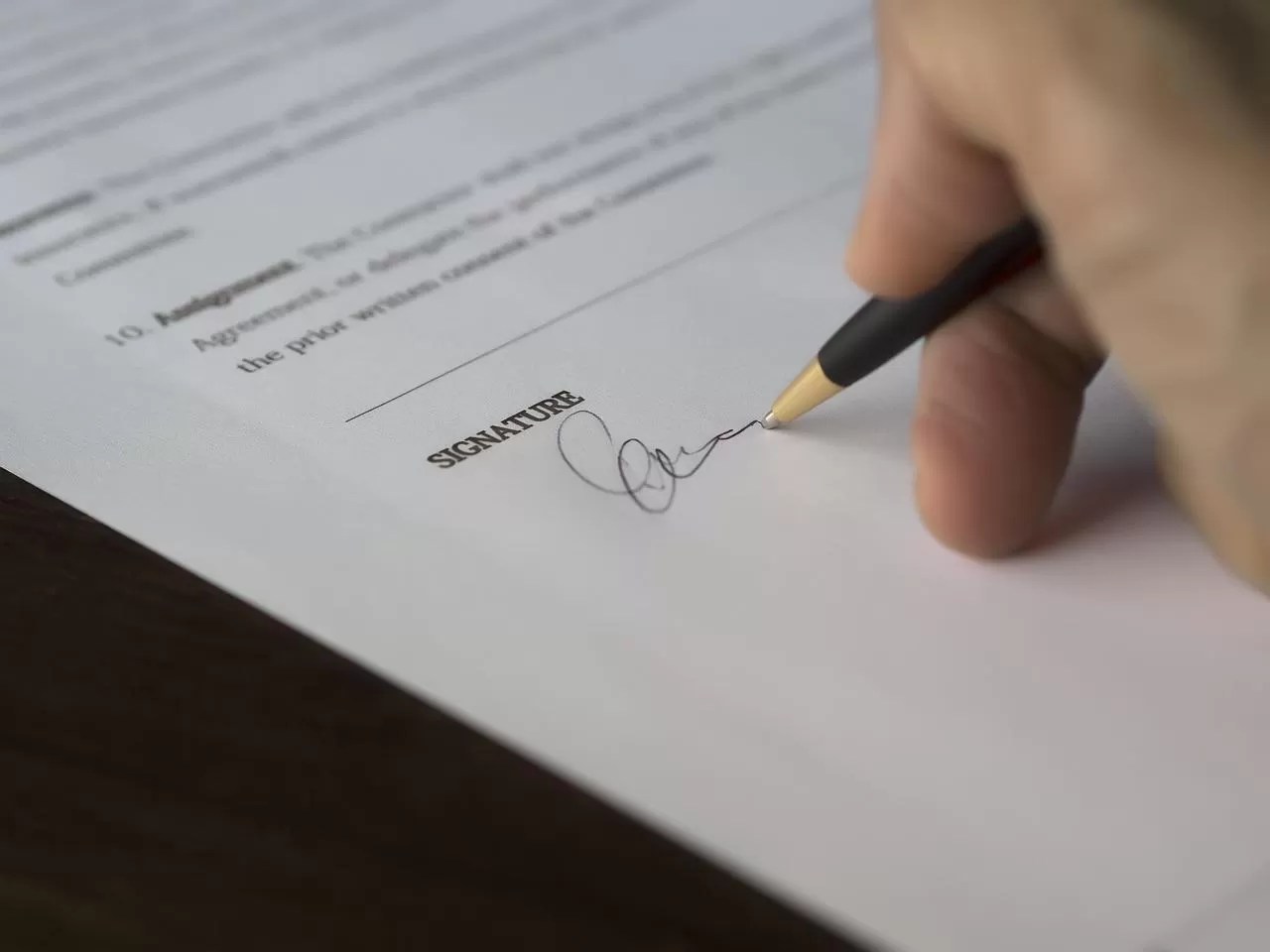This guide explores the complexities of allodial titles, separating fact from fiction. We’ll delve into the history of land ownership, examine what land patents really mean, and debunk some common myths about getting an allodial title. Get ready to uncover the truth about property rights and understand what allodial title actually means (and doesn’t mean) in the US and the UK.
Understanding Allodial Titles
Allodial vs. Fee Simple: Defining Ownership
Allodial title represents complete land ownership, free from any superior claim, including government taxes and eminent domain. This starkly contrasts with the typical U.S. land ownership model. Imagine owning land so completely that no government entity can impose taxes or seize it for public use. That’s the allure of allodial title.
Most U.S. land is owned under “fee simple” title. This grants a bundle of rights—you can build, plant, sell—but you’re still subject to government regulations and taxes. It’s like owning a car but still having to follow traffic laws. You have significant freedom, but not absolute control. Fee simple is more akin to leasing a car – you have control within a set of agreed-upon limitations.
The Allure (and Difficulty) of Allodial Title
Obtaining allodial title in the U.S. is extremely difficult, bordering on impossible. DIY methods like filing your own deeds or referencing historical land patents are generally ineffective. Some believe these methods represent a misunderstanding of legal processes and historical context. This is partly due to the government’s inherent power of eminent domain, the right to take private property for public use (with compensation), which inherently limits absolute ownership.
One legal avenue is a “quiet title action,” a lawsuit designed to eliminate other claims on your property. However, these cases are complex, costly, and rarely result in true allodial title. It’s like untangling a giant ball of yarn – technically possible, but probably very frustrating and not worth the effort. Additionally, even if successful, quiet title actions likely cannot overcome the fundamental limitation imposed by eminent domain.
Allodial Titles: UK and US Perspectives
Can You Get an Allodial Title in the UK?
The short answer is no. The UK’s land ownership system rests on Crown Estate paramountcy, meaning the Crown ultimately owns all land. Individuals own “estates,” granting specific usage rights, but not outright ownership. A 2009 Freedom of Information request to the UK Land Registry revealed their unfamiliarity with the term “allodial title,” confirming its lack of recognition within the UK system. While long-leasehold agreements (e.g., 999 years), trusts, and understanding covenants and easements can offer greater control, they don’t equate to allodial title. Some research suggests these strategies might provide a level of control approaching allodial ownership in practice, but this remains a topic of debate.
Can You Get an Allodial Title in the US?
While more theoretically possible than in the UK, acquiring true allodial title in the US remains exceedingly difficult. Even if you were to succeed in a quiet title action, the government’s power of eminent domain still exists, placing a fundamental limit on absolute ownership. Land patents, often mistakenly cited as a route to allodial title, simply represent the original conveyance of land from the government, establishing fee simple ownership, not allodial title.
“Allodial-like” strategies, such as land trusts or incorporating property ownership, can offer additional layers of protection and benefits, such as asset privacy and simplified transfer of ownership. However, they won’t make your property immune to government oversight or legal processes like eminent domain.
Allodial vs. Freehold: Understanding the Core Difference
While both allodial and freehold titles grant extensive ownership rights, the core distinction lies in sovereignty. Allodial title represents absolute ownership, where the individual is sovereign. Freehold title, while granting many of the same rights as allodial, acknowledges the state’s overarching power. This means freehold owners are subject to government regulations like property taxes, zoning laws, and eminent domain.
While freehold offers substantial control and is the dominant form of land ownership in common law jurisdictions, it ultimately differs from allodial title due to the government’s inherent authority. Understanding this nuance is crucial for realistic land ownership expectations.
| Feature | Allodial Title | Freehold Title |
|---|---|---|
| Property Taxes | Theoretically, none. | Required. |
| Regulations | Theoretically, none. | Subject to government regulations. |
| Eminent Domain | Theoretically, immune. | Vulnerable. |
Some argue that even in allodial systems, some degree of government influence is inevitable for the sake of public order and safety. This suggests that the concept of absolute, unfettered land ownership may be more theoretical than practical, even in systems that recognize allodial titles.
Delve into the dynamic world of automotive finance with a look at fintechzoom ford stock and its potential impact on the market. Unravel the complexities of the enigmatic INFJ door slam and discover the reasons behind this intriguing personality trait.
- Crypto Quotes’ Red Flags: Avoid Costly Mistakes - June 30, 2025
- Unlock Inspirational Crypto Quotes: Future Predictions - June 30, 2025
- Famous Bitcoin Quotes: A Deep Dive into Crypto’s History - June 30, 2025
















2 thoughts on “The Myth of Allodial Title: Understanding Land Ownership and Its Limits”
Comments are closed.